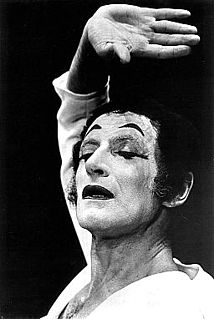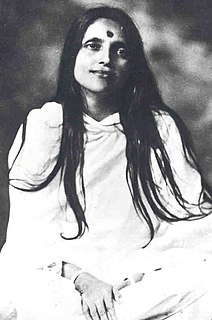A Quote by Aldous Huxley
After silence, that which comes nearest to expressing the inexpressible is music.
Quote Topics
Related Quotes
After a time I found that I could almost listen to the silence, which had a dimension all of its own. I started to attend to its strange and beautiful texture, which of course, it was impossible to express in words. I discovered that I felt at home and alive in the silence, which compelled me to enter my interior world and around there. Without the distraction of constant conversation, the words on the page began to speak directly to my inner self. They were no long expressing ideas that were simply interesting intellectually, but were talking directly to my own yearning and perplexity.
It doesn't really matter so much what the words are I don't think - maybe if you're a real expert in prayer you could do it through silence. But I think sometimes it helps to express it and to know you're expressing it to God. Paul talked about praying with your spirit and that's basically what it is, it's expressing what you feel deep down in a language which God gives you.
There are all kinds of silences and each of them means a different thing. There is the silence that comes with morning in a forest, and this is different from the silence of a sleeping city. There is silence after a rainstorm, and before a rainstorm, and these are not the same. There is the silence of emptiness, the silence of fear, the silence of doubt.
Pop music, which I deeply admire and wish I could play better than I can, is based on expressing one mood, one feeling at a time. Classical music is by its very nature involved with different kinds of music, constantly transforming one another, which is more akin to the way our experience of life really is.





































